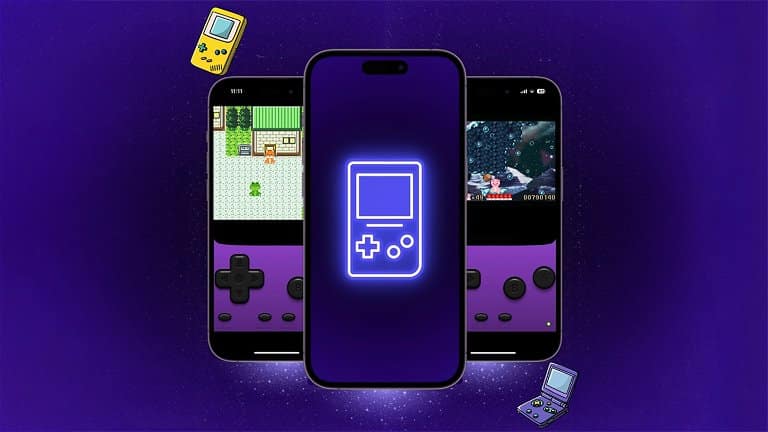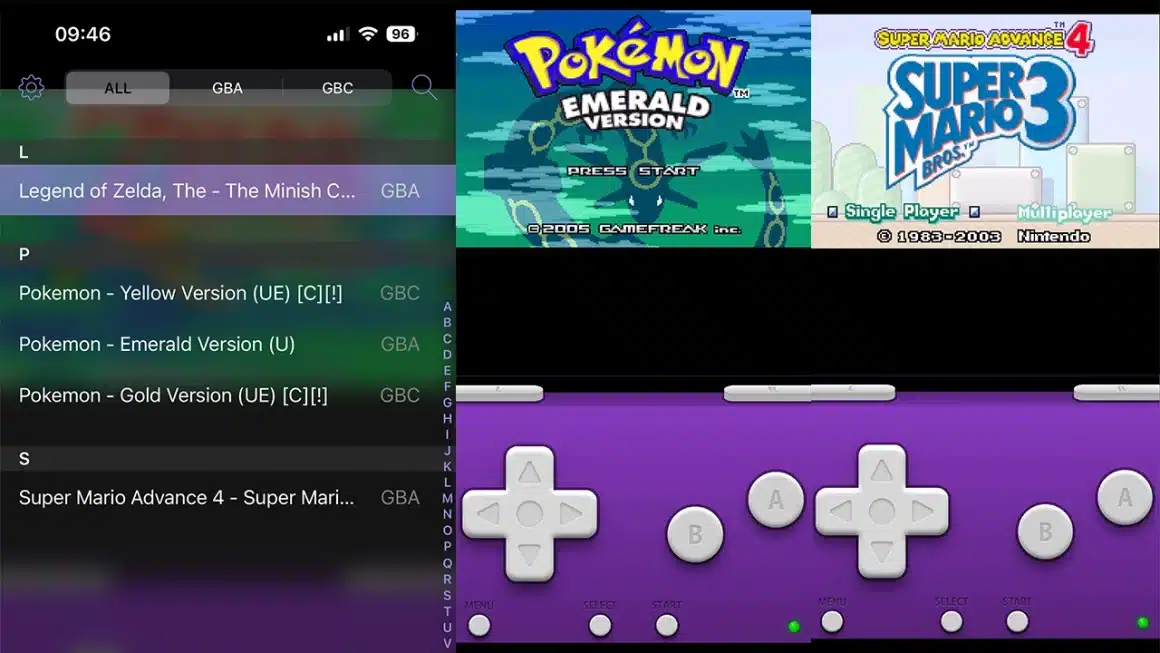After seemingly opening up the floodgates last week for retro emulator apps on iPhone, the first app arrived this past weekend and didn’t last long on the App Store. An app called iGBA was spotted on the platform and allowed users to download and play Game Boy Advance games on their devices without any further software modifications.
Up to now, using an app like iGBA would require iPhone users to get signed device certification through third-party app tweaking websites. That or jailbreak their iPhone which is something few people do nowadays. However iGBA was the “first” App Store emulator but sadly, it didn’t last long.
The app was uploaded and was available for only a few hours before being pulled offline. Not because it violated Apple’s Terms of Service but because it was a clone of another app developed by Riley Testus. The new app was made by Mattia La Spina. However, Riley Testus claims it is an unauthorized clone of GBA4iOS he created for iOS a few years ago.
So essentially, this new publisher under the name of Mattia La Spina took GBA4iOS, reworked a few visual features and uploaded it as their own. La Spina claims he didn’t think the app would have so much repercussion and has apologised for the copyright infringement. Keep in mind that Apple would have left the app alone should La Spina include a license in the app which he would have obtained from the original owner, Riley Testut.
La Spina has also been taken to task for the number of collection prompts included in this iGBA app. The App Store listing says it collects data which can be used to identify you including location data and user identifiers.
Post by @rileytestutView on Threads
This is a common issue with these emulators at the moment. It seems all developers are seemingly releasing quick apps with major data collection toggles in order to benefit from the hype surrounding the platform.
I suggest waiting a bit longer for a decent emulator to come around on the App Store. For now, you might find ad-ridden apps with various trackers included in them. All because the whole “emulator” scene is new to iOS.


